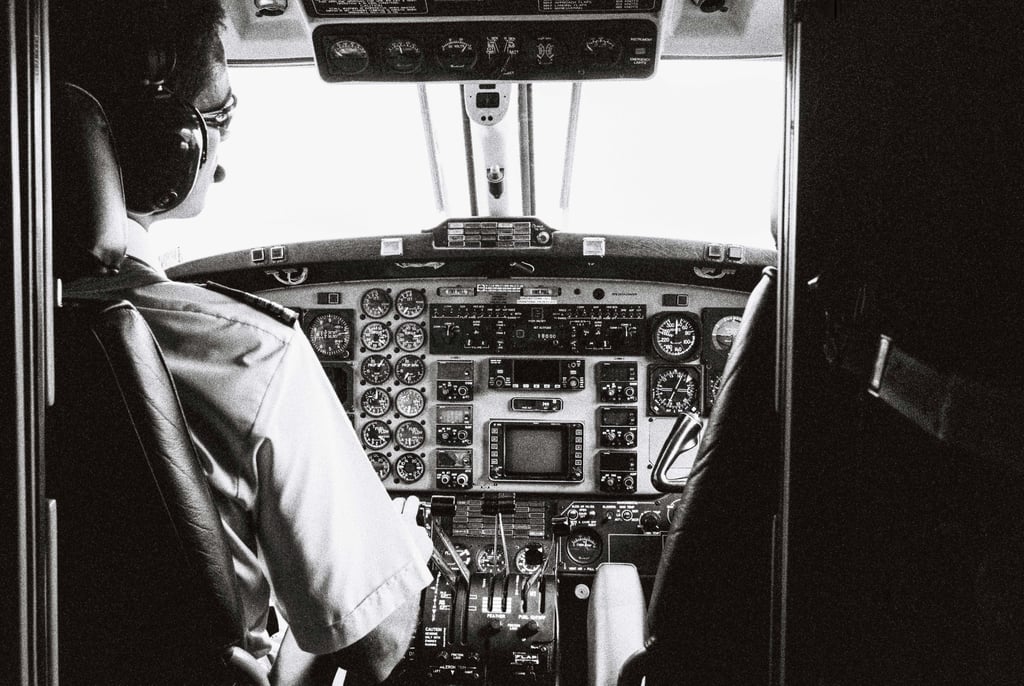
Like the paperless office, we once imagined that technology would render travel redundant. If anything, the opposite seems true. We travel more than ever - although, perhaps because of technology, its nature and purpose is changing. Like honey bees, nomadic leaders are essential for the survival and pollination of a global, business ecosystem.
In my own journeys, I increasingly meet a new kind of traveler. Sophisticated, connected, and possessed of an optimistic, if somewhat unfashionable, mindset about global opportunity. These travelers spend hundreds of days a year on the road, can navigate the complexities of border crossings and tax jurisdictions, consider airports as a second home, and have networks that span continents and cultures. I think of them as the 'Borderless'.
You have probably met the Borderless before. They manage key customer relationships in a fast growth, emerging market; they run a technology services company with a sales office in New York and a back office in Hyderabad; they are freelance graphic designers with an international client base, trend scouts for an upscale fashion retailer, or a private equity cowboy who lives in their airplane.
For the Borderless, residency is a fluid issue of tax planning, rather than a fixed, place of birth. Multiple passports, offshore banking, and an intimate understanding of the hubs and spokes of flight schedules - the Borderless are like packets of data hurtling through the global network. Their creed is best expressed by Ryan Bingham in ‘Up In The Air’, when he declared: 'The slower we move the faster we die. Make no mistake, moving is living'.
The original payoff for travel was knowledge. It is easy to forget that several hundred years ago - the only way you could reliably learn about the world was to see it yourself. As popularized by Lord Byron, the fashionable rite of passage for young men of means in the 17th century was ‘The Grand Tour’ - a leisurely jaunt through the remains of Renaissance Europe that was, despite the presence of a tutor - inevitably more libidinous than educational. But now in an age of information abundance, anyone with a smartphone has access to the trends, history, current news and culture of just about any country on earth.
Consequently, we no longer travel simply to know, but rather to discover. Or more specifically, to build context and networks.
Think of context as a kind of tactical awareness, through direct lived experience, of what global trends and innovations are both relevant and translate-able to other markets.
Much of today's mobile ecosystem, for example, was arguably inspired by Japanese consumer technology from the late nineties. But just because phone cameras, mobile music and emojis were a hit - doesn't mean that launching a Hello Kitty phone, would work everywhere. The trick is knowing how to cherry pick relevant consumer behaviors in different cultural greenhouses, while knowing which ideas will be simply out of context.
The second, intrinsic value of travel in the 21st century are networks. Knowing how to find the right people to get things done is not an easy task. If you want to find a hot new Chinese graphic designer for the local launch of your running shoe, or the right person to talk to at a Turkish mobile operator for a content deal, or the inside word on the best place to situate a luxury retail store in Jakarta - forget a Google search. The only people that can answer your questions are those with the kind of granular, local networks nurtured through persistent exposure and exploration.
So will we see a new war for talent for these unusual, migratory workers? If you believe the author Richard Florida, there is already a new creative class of knowledge professionals whom cities should compete to attract. But to me, that assumes a dangerous inertia. The last thing you want to do if you hire a creative person, is make them stay in one place.
The very concept of statehood is due for disruption. What defines where we live? If you want to open a traditional bank account, you need to provide a physical mailing address, a phone number and preferably a paper-based copy of a utility bill. Compare that to Estonia where you can form a company, access banking, payment processing, and taxation services completely virtually as part of their e-Resident program.
Persistent travel is not for everyone, but the ability to span markets and see the underlying patterns that signify new opportunities, may end up being one of the most useful skills in the 21st century.

